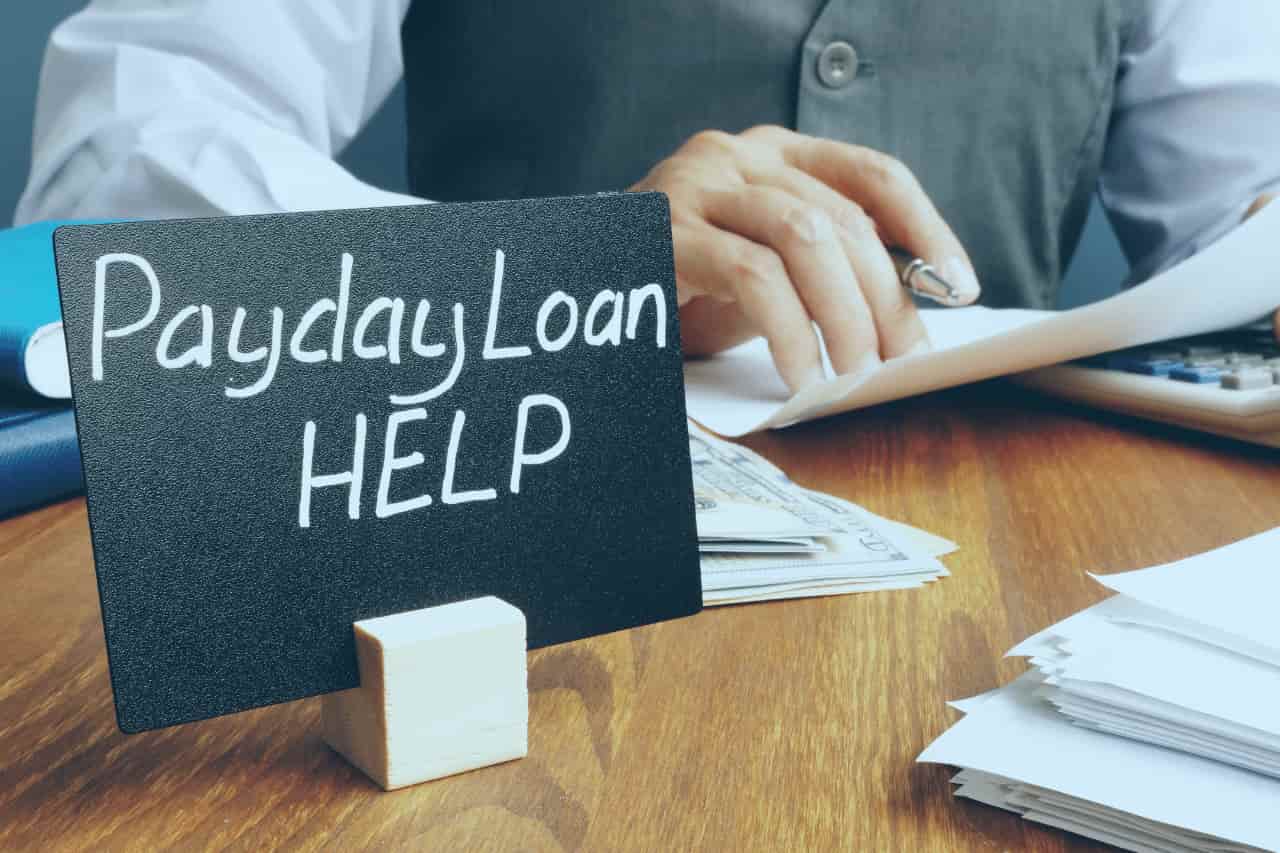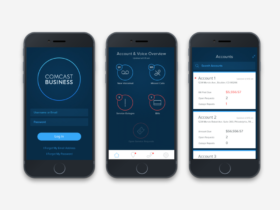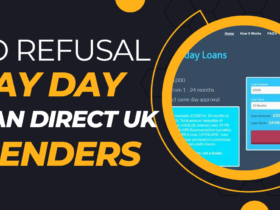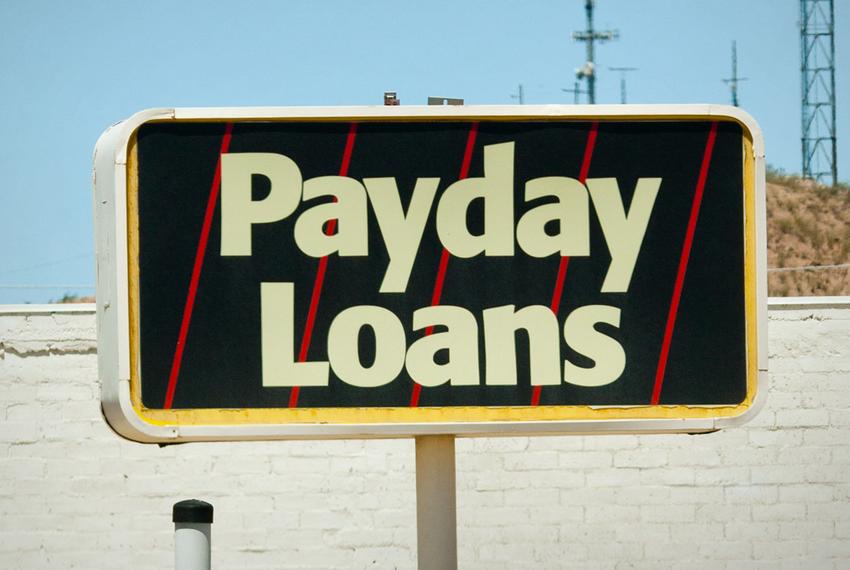In a financial pinch, finding fast cash is often the priority. For many, payday loans represent a quick and accessible solution to urgent money needs. However, it’s important to understand the potential risks and financial implications before taking out a payday loan.
While payday loans may seem like a convenient option, they can also be a dangerous financial trap. The high interest rates associated with these loans can quickly accumulate, making it difficult for borrowers to pay off the loan in full on their next paycheck. This often leads to a cycle of borrowing and re-borrowing, resulting in even higher interest payments.
Additionally, the short repayment period can cause borrowers to struggle with their monthly expenses. This may lead to missed payments on other bills or even more payday loans, creating a cycle of debt that can be difficult to break.
In order to avoid these potential pitfalls, it’s important to only borrow what you can realistically afford to repay. This means carefully considering your budget and expenses before taking out a payday loan. It’s also wise to explore alternative options, such as borrowing from friends or family, negotiating with creditors for more time to pay, or seeking assistance from local resources.
However, this seemingly easy fix comes with its set of caveats and considerations. In this comprehensive guide, we’ll explore what payday loans really entail, who they are best suited for, and how to approach them with mindful borrowing practices. If you’ve ever wondered about payday loans and their implications, read on to equip yourself with the knowledge necessary to make informed financial decisions.
What Are Payday Loans?

Payday loans, also known as cash advances or check loans, are short-term loans that typically range from $50 to $1,500. They are intended to be repaid with the borrower’s next paycheck and often come with high interest rates and fees. These loans are designed to provide immediate relief for unexpected expenses, such as medical bills or car repairs.
To the uninitiated, payday loans are short-term, high-interest loans typically due on your next payday. They’re designed for individuals who require immediate cash and may not have access to other forms of credit. The application process is often streamlined, and funds can be available within hours or even minutes, making them exceptionally fast in emergency situations.
However, the convenience of payday loans is accompanied by significant costs. The annual percentage rate (APR) on these loans is notoriously high, often reaching several hundred percent. While this number might seem startling, it’s essential to recognize that the APR assumes a full year’s term. In reality, payday loans are short-term, meaning the actual dollar amounts and the timing of the repayment is more critical to consider than the APR.
Understanding Payday Loans
How They Work
When you take out a payday loan, you typically write a post-dated personal check for the loan amount plus interest, or you authorize a direct debit from your bank account on the due date. The lender will extend you a loan based on a portion of your expected future paycheck.
Pros
- Quick access to funds
- No credit check (sometimes)
- Can benefit credit score if repaid responsibly and reported to credit bureaus
Cons
- Extremely high costs in the form of interest rates and fees
- Can lead to a cycle of debt
- Not suitable for long-term financial relief
Regulations and Risks
Due to the risks involved, many countries and states have legislation that regulates payday lending practices. These measures aim to protect consumers by capping interest rates and fees, setting borrowing limits, and ensuring transparent lending terms. It’s crucial to be aware of the legal framework in your area before considering a payday loan. Some common risks associated with payday loans include:
- High-interest rates and fees
- Potential for increased debt
- Aggressive collection practices from lenders
Alternatives to Payday Loans

While payday loans may seem like a viable option in times of financial need, it’s important to explore alternative solutions before committing to this type of borrowing. Some potential alternatives include:
Friends and Family
Consider reaching out to friends or family for financial assistance. This option may come with its own set of considerations, such as maintaining boundaries and clear terms of repayment. However, it can be a preferable alternative to high-interest loans.
Negotiating with Creditors
If you have outstanding bills that need to be paid urgently, consider negotiating with your creditors for more time to pay. Many creditors are willing to work with borrowers to come up with a reasonable payment plan.
Local Resources
There are often local resources available for individuals who need financial assistance. These may include non-profit organizations, government programs, or community-based initiatives. Research what options are available in your area before turning to payday loans.
In conclusion, while payday loans may seem like a convenient solution to urgent financial needs, they come with significant risks and high costs. It’s important to carefully consider all alternatives and approach payday loans with caution and mindful borrowing practices. By being informed and responsible, you can make the best decision for your financial situation. Remember, there are always resources available to help you in times of need.
Who Should Consider Payday Loans

Emergency Cash Needs
Payday loans should only be a last resort for true emergencies, such as unexpected medical bills, car repairs, or essential home maintenance that cannot be delayed. They are not advisable for non-essentials or to cover regular, recurring expenses.
Alternative Options
Before turning to payday loans, explore all possible alternatives. Try negotiating payment plans with creditors, reaching out to faith-based organizations or local charities, or seeking out low-interest personal loans.
Tips for Responsible Borrowing
Establish a Clear Budget
Creating and sticking to a budget is essential for proper financial planning. It allows you to track your income and expenses, and can often reveal other areas for improvement beyond your immediate need for cash.
Understand the Total Cost
Before taking out a payday loan, ensure you fully understand the terms and the total cost you will be responsible for repaying. This includes not only the principal amount but also any fees and the interest rate. Be sure to ask for detailed explanations of any financial jargon you might not understand.
Avoiding Debt Traps
Repay your payday loan on time or even before if you can. If you find that you cannot repay it when due, consult with your lender about alternative payment options. It’s essential to avoid rolling over your loan or taking out new loans to pay off the old ones, as this can lead to a dangerous debt cycle known as the “payday loan trap.”
Repayment Strategies
Have a clear strategy for repayment before you take out the loan. Consider how you will pay it back and whether you have any other impending financial obligations that may interfere with repayment.
Conclusion on Payday Loans
Our finances are deeply personal and can stir emotions ranging from relief to stress. Payday loans are a tool that can provide a short-term financial bridge, but they must be approached with caution and an abundance of personal responsibility. The best approach is to explore all possible alternatives before considering a payday loan and then approach it with thorough research, informed understanding, and responsible borrowing practices.
By following these guidelines, you can make the best decision for your financial well-being in times of need. Remember, there are always resources available to help you navigate your financial journey. So take the time to understand your options
By understanding the nature of payday loans and employing the tips we’ve provided for responsible borrowing, you can safeguard your financial health while addressing immediate monetary needs. Remember, the goal is to liberate yourself from financial worry, not to entrap yourself in a cycle of perpetual debt. Make informed choices and work towards a financially secure future.













Leave a Reply